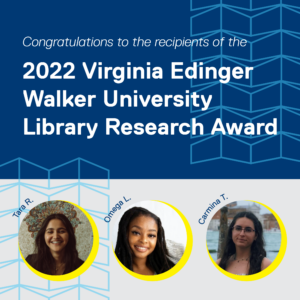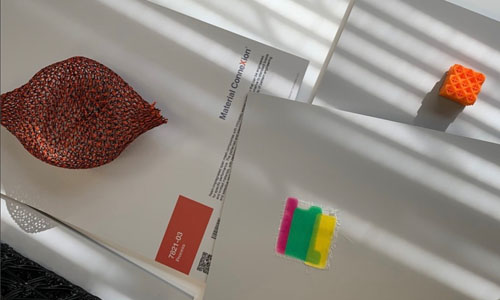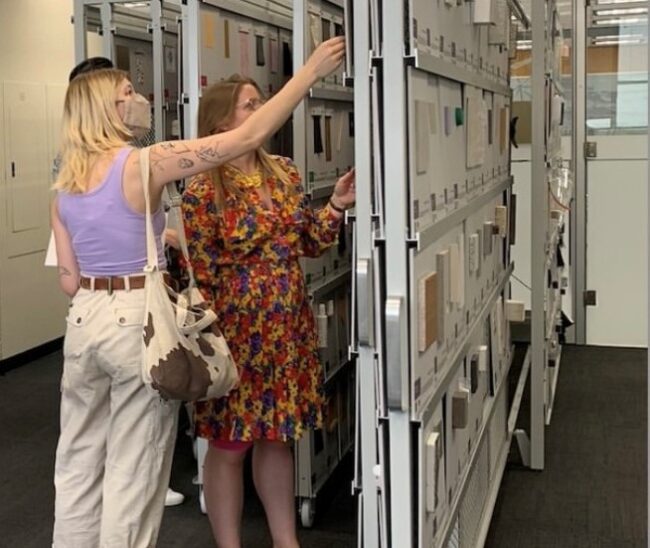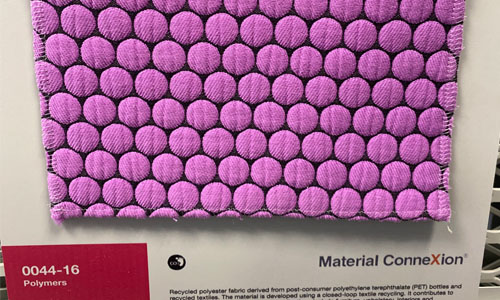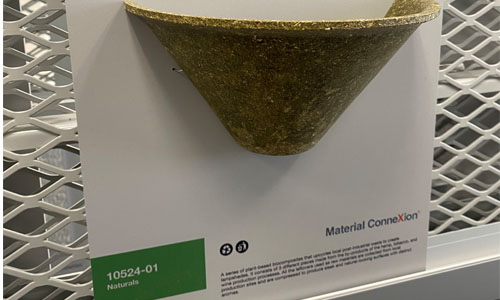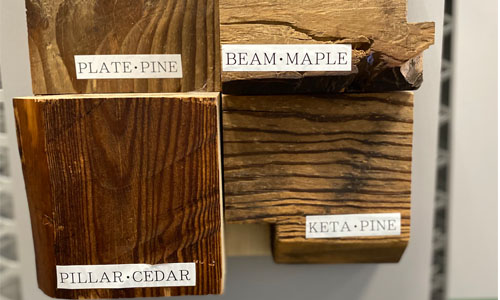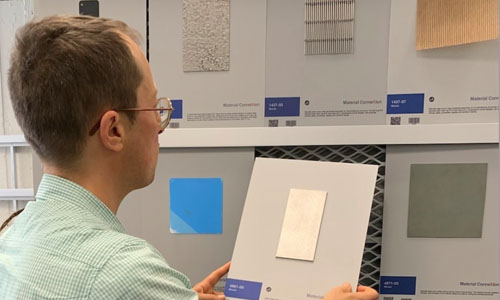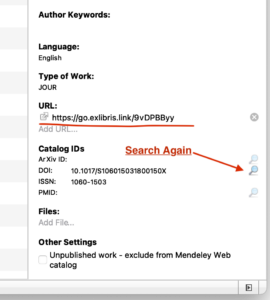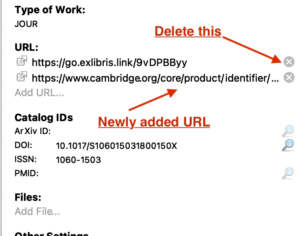This year, TMU Libraries, Centre for Excellence in Teaching and Learning, and the Chang School are celebrating Open Education (OE) Week, March 6-10, 2023, by highlighting work being done at the university in support of open education.
Join us for a series of OE week events. Hear from faculty who have developed open textbooks and course materials, explore the latest open educational resources in your discipline, and learn more about how to create new and innovative open teaching materials that can improve students’ educational experience.
OE Week events at the Library
Open Education Resources (OER) and treats
Date: March 7
Time: 1 p.m. – 2 p.m.
Students are welcome to drop by the OE Week Table (main floor of the Library) to grab a treat and learn more about Open Education Resources, including free textbooks and teaching resources that are high quality and can save students money.
Now is the time for open educational resources hackathon
Date: March 8
Time: 10 a.m – 12:00 p.m.
Location: Zoom
Discover open educational resources (OER) to use in teaching. Learn how to search for the latest open educational resources in specific disciplines, and contribute to the online book of OER related to TMU curriculum: Now Is The Time For Open Educational Resources.
Other OE Week events at TMU:
Open education matters: panel discussion with TMU open champions
Date: March 9
Time: 2 p.m. – 4 p.m.
This panel discussion, moderated by Sean Kheraj, Vice-Provost Academic, brings together open champions from around TMU to share their experiences developing or supporting open educational resources (OER).
Moderator:
Sean Kheraj, Vice-Provost Academic
Panelists:
Cynthia Holmes, Associate Dean, Faculty & Academic, Ted Rogers School of Management
Nadia Prendergast, Assistant Professor, Daphne Cockwell School of Nursing
Megan Omstead, Graduate Program Coordinator, School of Nutrition
The Chang School’s Virtual Lunch & Learn: Let’s Talk OER!
Date: March 7
Time: 12 p.m. – 1 p.m.
The Chang School’s Teaching & Learning Committee and Open Education at TMU team invites you to a virtual Lunch & Learn on Tuesday, March 7 at 12:00 p.m. During this hour-long session, hear from panelists who were awarded The Chang School’s Open Education Resource (OER) Grants. These grants support creation and/or adaptation of Open Textbooks and Open Educational Resources in collaboration with students and colleagues across disciplines. The panel will share their experiences in actively creating OER, as well as their perspectives on using OER in their teaching. Please RSVP.
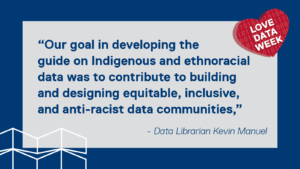 Exposing the complex history of data collection and the Census of Canada
Exposing the complex history of data collection and the Census of Canada